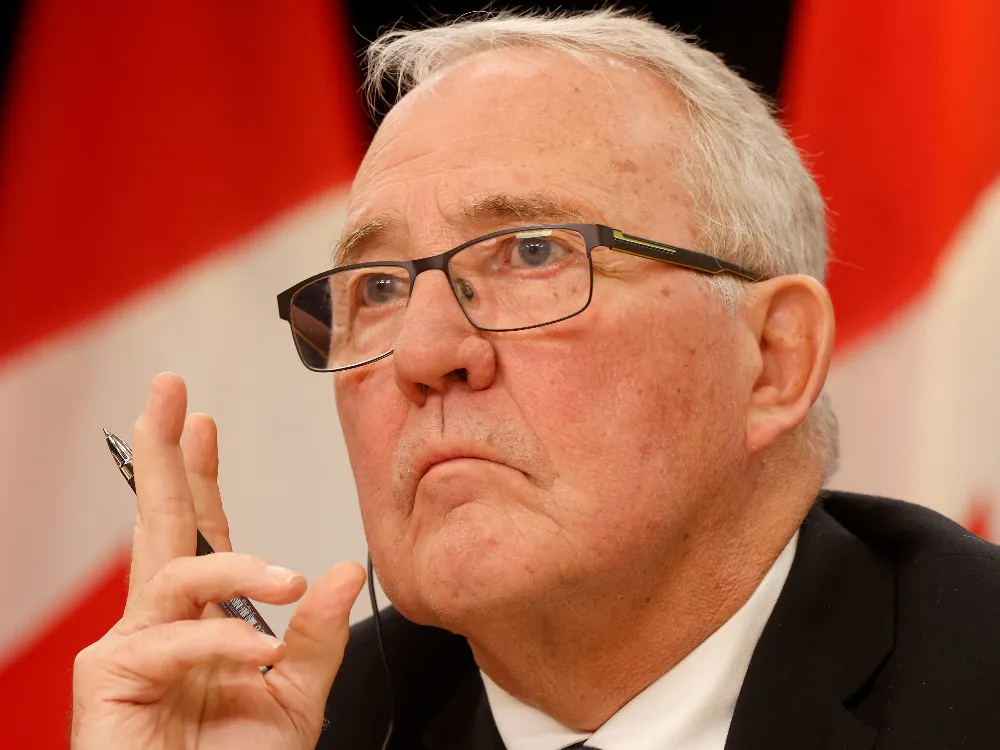Defence Minister Bill Blair revealed plans for a $7.9 billion infusion into the Canadian Armed Forces (CAF) over the next five years, marking a significant update to Canada’s defence policy. Despite this substantial investment, Canada is expected to continue falling short of NATO’s two per cent of GDP spending target on defence. By the conclusion of the five-year plan in the fiscal year 2029-30, Canada aims to allocate 1.76 per cent of its GDP to defence, as outlined in the policy update document.
Prime Minister Justin Trudeau, speaking alongside Blair at a press conference held at CFB Trenton in Kingston, Ont., highlighted the evolving global landscape, emphasizing the need for the CAF to address emerging threats such as climate change, cyberattacks, and the assertive actions of powers like Russia and China.
David Perry of the Canadian Global Affairs Institute expressed cautious optimism about the proposed spending but noted the absence of a concrete plan to meet NATO’s two per cent target, which could draw attention from Canada’s allies.
The updated defence policy focuses on bolstering equipment maintenance and addressing recruitment challenges within the CAF. Blair outlined plans to increase defence spending by $612 million in the upcoming federal budget, with a significant portion allocated to sustaining naval vessels and other military equipment.
While Canada is unlikely to meet the NATO spending target, the policy emphasizes the commitment to exceed NATO’s benchmark of allocating 20 per cent of defence spending to major equipment expenditures. Military leaders have underscored the need to enhance equipment maintenance to ensure operational readiness. Recruitment remains a pressing issue, with the CAF currently facing a shortage of approximately 15,000 personnel.
Blair acknowledged the need for recruitment reform, aiming to streamline the process and modernize the application system to attract more candidates. However, critics like Conservative defence critic James Bezan argue that many commitments from the previous 2017 update remain unfulfilled, contributing to ongoing equipment and personnel challenges.
A key strategic priority highlighted in the policy update is asserting Canadian sovereignty in the Arctic amidst increasing military presence from Russia and China. The government plans to invest in new military capabilities, including early warning aircraft, tactical helicopters, and submarines, to protect Arctic waters and airspace. Additionally, the CAF aims to enhance its cyber capabilities to adapt to evolving threats in cyberspace. Plans include establishing a Cyber Command and collaborating with the Communications Security Establishment to develop joint Canadian cyber operations capabilities. The policy also acknowledges the transformative impact of artificial intelligence (AI) on military operations, with plans to leverage AI technologies to accelerate decision-making and enhance intelligence capabilities. Overall, the government envisions a comprehensive modernization effort for the CAF, with a total spending plan valued at $73 billion over the next 20 years to ensure a “ready, resilient, and relevant” military force.






